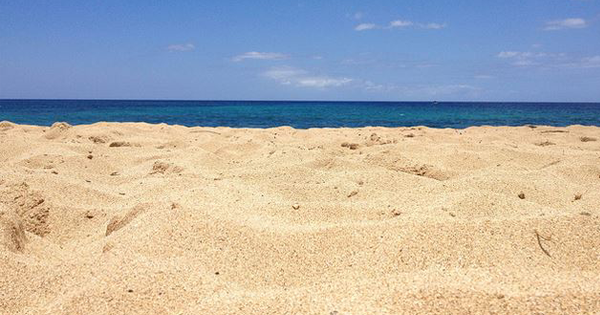When imagining all your fun plans this summer, you probably picture sunny skies, warm weather, tanned skin, and a lot of beach days.
If you’re like most people, all the summer excitement clouds your vision and blocks all the not-so-fun things that happen when the weather gets warmer.
With the hot, humid, sticky weather, mosquito bites and sun burns are probably going to be the least of your worries this year.
Without further ado, here are the 4 grossest summer health hazards to avoid this year:
- Beach Parasites/Sand Fleas: After spending an afternoon at the beach, it’s easy to mistake that little red rash around your ankles for a sun burn. But, if you look a little closer, you might notice that your ankles are actually covered in tiny, painful bites. This usually means you’ve been bitten by sand fleas. Found near clumps of seaweed in the sand, these tiny fleas are in the same family as gnats and flies.
- Heat Rash: It’s always important to be hyperaware of your own body in hot, humid climates. After sweating all day, your sweat ducts can actually become so clogged that perspiration gets stuck underneath the skin. This often results in a deep red rash all over your body. To lower your risk of getting an uncomfortable heat rash, make sure to wear loose clothing in the summer and always rinse your body down with cool water after sweating.
- Poisonous Plants: Warm weather usually means long nature walks and hikes. Any experienced hiker knows which plants to look out for—poison ivy, poison oak, etc.—but it’s hard to stay alert when the greenery all looks the same. Shiny green leaves and red stems are clear indicators of poison ivy; poison oak looks similar, but also has three leaves; sumac grows as a wood shrub, with each stem carrying about 7 to 13 leaves. Whenever possible, wear gloves, long sleeves, and pants while hiking. If you do come in contact with one of these poisonous plants, topical creams, ice packs, or antibiotics are generally used to treat the symptoms. ##MN_RESP##
- Traveler’s Diarrhea: Nothing says fun summer vacation quite like a sudden upset stomach. According to the CDC, traveler’s diarrhea is so common that it affects about 20% to 50% of all international travelers. To make matters worse, the illness is said to be caused by the accidental ingestion of “fecally contaminated” food or water. Travelers in Latin America, Asia, Africa, and the Middle East are at highest risk. To help make sure you don’t spend your next vacation sitting on the toilet, only drink bottled beverages and never eat raw/undercooked foods, including fruits and vegetables.
What do you think is the grossest summer health hazard? Tell us in the comments!
Photo Copyright © 2012 Adam Klein/Flickr





